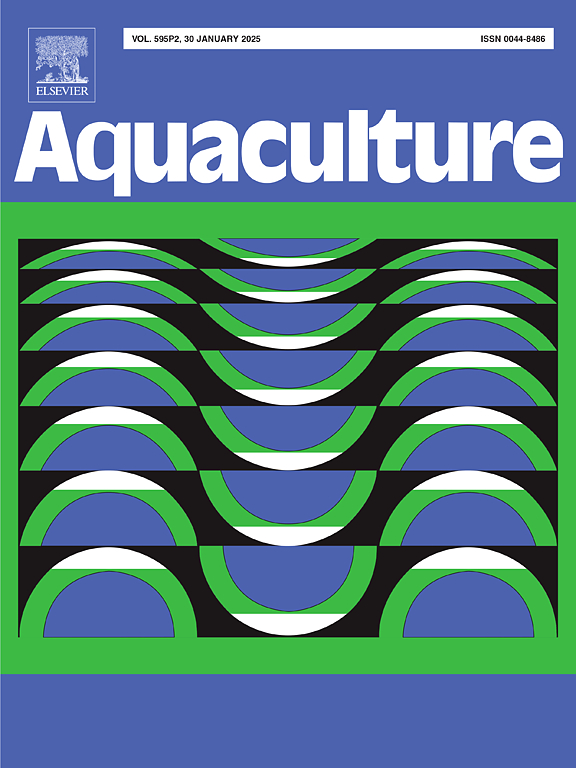Gender monitoring schema for aquaculture projects: Capturing the process of change
IF 3.9
1区 农林科学
Q1 FISHERIES
引用次数: 0
Abstract
Women are heavily involved in aquaculture, but their gendered knowledge and expertise continues to be ignored in the process of innovation and technological development. Since women's participation is crucial in promoting more extensive and sustainable aquaculture, this paper presents a gender monitoring schema for aquaculture to allow for women's meaningful participation. A review of current MEL systems, particularly in aquaculture, found that the plethora of gender indicators and MEL frameworks do not adequately capture the dynamics of changes in gender roles and relations. Given that shifts in gender relations can be subtle, the change process is crucial to capture so that the MEL process can further accelerate these shifts within the lifetime of the project itself. Noting that women's important role in extensive and sustainable aquaculture, for e.g., nature-based solutions (NbS), the MEL process focusing on NbS aquaculture has been developed. Three agentic processes (awareness, images of change, and agency) and two environmental processes (attitudes towards NbS practices and climate change) have been identified as the key domains for the proposed gender monitoring schema to capture the process of change towards gender equality in the context of climate change.
水产养殖项目性别监测方案:捕捉变化过程
妇女大量参与水产养殖,但在创新和技术发展过程中,她们的性别知识和专门知识继续被忽视。鉴于妇女的参与对促进更广泛和可持续的水产养殖至关重要,本文提出了一种水产养殖性别监测方案,以便妇女有意义地参与。对现有的MEL系统,特别是水产养殖系统的审查发现,过多的性别指标和MEL框架没有充分反映性别角色和性别关系变化的动态。鉴于性别关系的变化可能是微妙的,变化过程是至关重要的,以便MEL过程可以在项目本身的生命周期内进一步加速这些变化。注意到妇女在广泛和可持续的水产养殖(例如基于自然的解决办法)方面的重要作用,已制定了以基于自然的水产养殖为重点的MEL进程。三个代理过程(意识、变化形象和代理)和两个环境过程(对国家统计局做法的态度和气候变化)被确定为拟议的性别监测模式的关键领域,以捕捉气候变化背景下性别平等的变化过程。
本文章由计算机程序翻译,如有差异,请以英文原文为准。
求助全文
约1分钟内获得全文
求助全文
来源期刊

Aquaculture
农林科学-海洋与淡水生物学
CiteScore
8.60
自引率
17.80%
发文量
1246
审稿时长
56 days
期刊介绍:
Aquaculture is an international journal for the exploration, improvement and management of all freshwater and marine food resources. It publishes novel and innovative research of world-wide interest on farming of aquatic organisms, which includes finfish, mollusks, crustaceans and aquatic plants for human consumption. Research on ornamentals is not a focus of the Journal. Aquaculture only publishes papers with a clear relevance to improving aquaculture practices or a potential application.
 求助内容:
求助内容: 应助结果提醒方式:
应助结果提醒方式:


